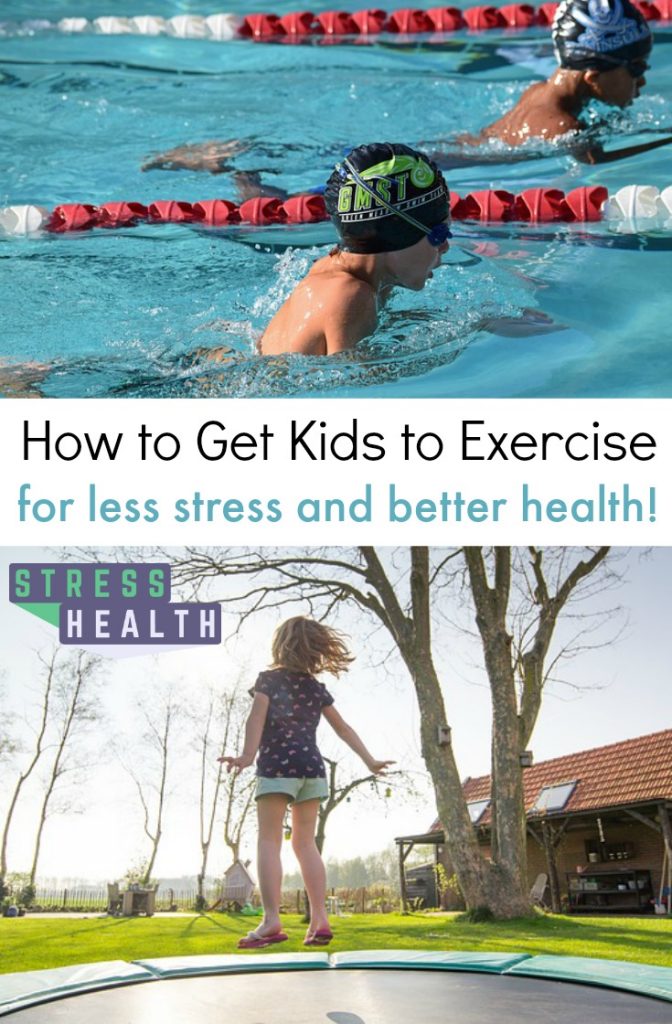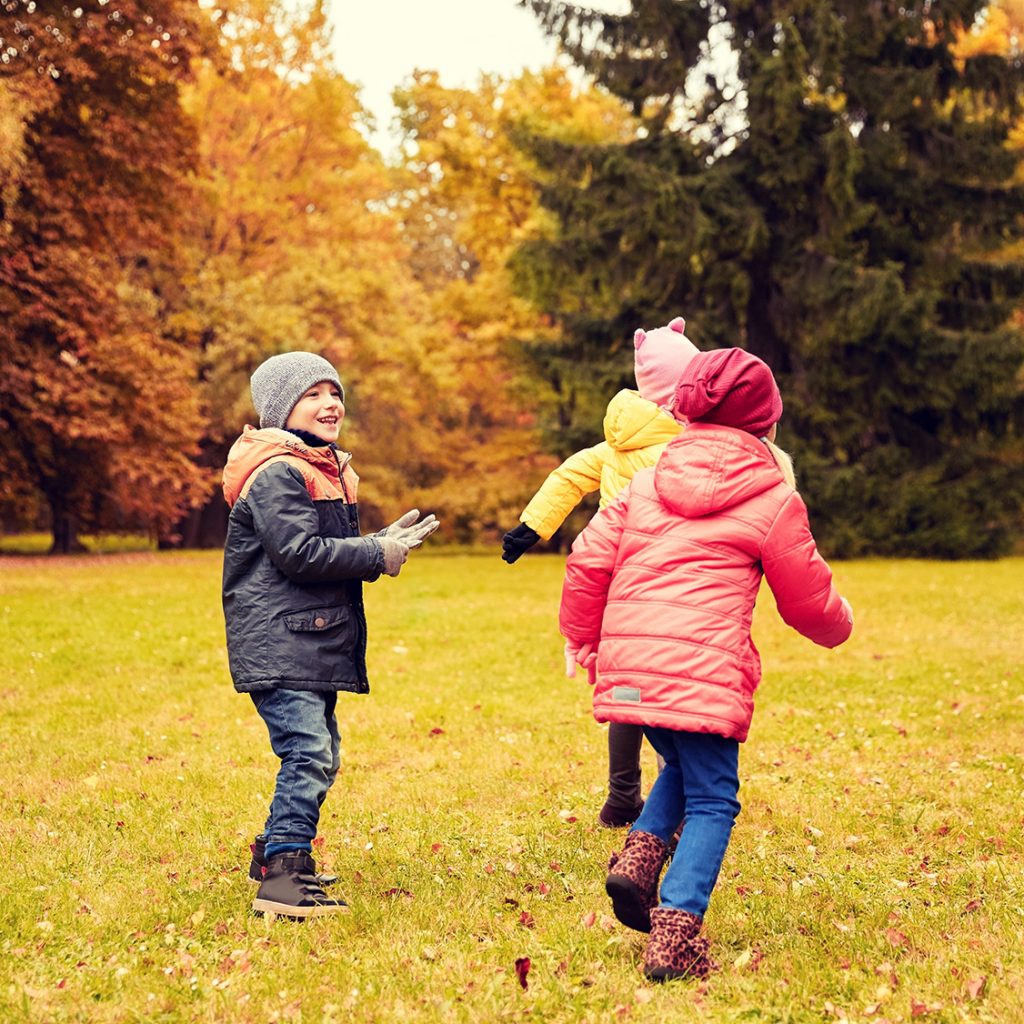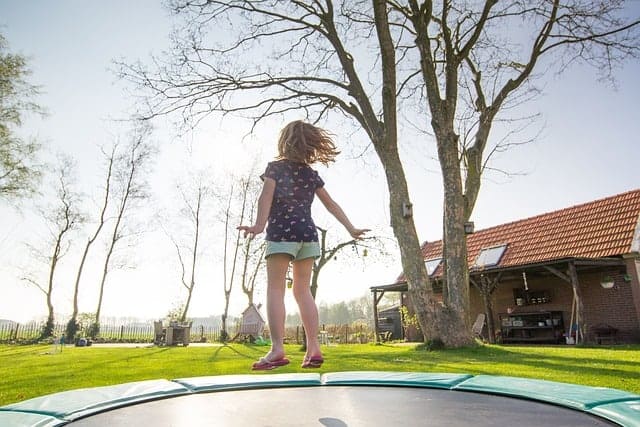Table of Contents
This post about how to get kids to exercise to improve childhood mental health has been sponsored. All opinions expressed here are my own. Thank you to the Center for Youth Wellness for sponsoring this conversation.
I currently have two teenagers who I love dearly and who drive me nuts on a regular basis. That is the way of parenting, right? We have created these amazing creatures who fill our hearts and souls with an incredible amount of love. And then they go and color on the dog with markers and we wonder why in the world we chose to have children. The chaos that kids create in our lives may cause us stress, but the stress that THEY are under isn’t always obvious to us as parents. And kids as young as toddlers and as old as college kids are all dealing with way more stress than most parents realize.
Posts feature partner companies & may be sponsored. Post contains affiliate links & I will be compensated if you make a purchase after clicking on links. As an Amazon Associate I earn from qualifying purchases.

Toxic Stress and Our Kids
For the next few months, I will be partnering with Stress Health, an initiative of the Center for Youth Wellness, to teach you a little bit about toxic stress in our kids. Did you ever think about stress being TOXIC? The definition of ‘toxic’ is “something that causes death or serious debilitation”. Severe stress can do that to our kids.
The incidence of suicide is skyrocketing in kids. Behavioral problems, depression, and many other emotional problems are also on the rise. This is a good indication that our society has a serious problem with childhood mental health.

✯Don’t want to miss the next post?✯
Follow Turning the Clock Back on Facebook | Twitter | Pinterest
Or join the private Facebook group for simple tips on going green!
What causes stress in our kids? The causes of toxic stress in childhood are too numerous to even count. Academic pressure and the need for good grades, bullying, and family problems caused by divorce are just a few of the many reasons our kids are stressed out. Some kids suffer from severe stress as the result of adverse childhood events that are significantly more extreme than just everyday stress.
Adverse Childhood Events and Toxic Stress
Childhood trauma isn’t something you just get over as you grow up. In the video below, pediatrician Nadine Burke Harris explains that the repeated stress of abuse, neglect and parents struggling with mental health or substance abuse issues has real, tangible effects on the development of the brain. Watch her TED talk to see how high levels of trauma lead to a lifetime of physical and emotional problems.
But, you know what helps alleviate toxic stress and improve mental health in kids? Exercise! Of course, learning how to get kids to exercise more and put down the video game controller can be challenging.
No matter how hard it is to unplug your kids, this is one battle you need to learn how to win. Just like adults who go out for a run after a long day at work, getting kids to exercise will help them alleviate stress and improve their mental health.

How to Get Kids to Exercise
How do you get children to exercise and not just turn on the TV? Here are a few tips to get kids moving more often for stress relief:
-
Enlist the family dog. Kids love animals and if you say that the dog needs to get more exercise, your kids may happily go along for the walk with them.
-
Put exercise on the schedule. Don’t just make a vague promise to exercise more. Put ‘go for a 1 mile walk’ on your to-do list and make it happen.
-
Variety is the spice of life. One day, take the kids on a walk. Then, plan a bike ride at the park. Choose a few different activities to work into the week.
-
Invite their friends. Childhood mental health is a concern in many families. Bring their best friend and reduce toxic stress in them as well!
-
Track everyone’s progress. Consider getting kids a fitness tracker or use an exercise journal to help them keep track of the miles they have moved.
-
Be spontaneous. Not all of life’s adventures should be planned. If you are wondering how to get kids to exercise more, a spur of the moment trip to the park may be just the thing you need.
-
Head out into the wild. Most kids love nature. As a result, you may get fewer complaints about exercise if you head out for a hike. Focus less on the idea of exercise and more on the idea of it being an adventure. This is also a great way to teach kids about the environment.
-
Set limits on electronics. When kids aren’t plugged in, they have more time for creativity and motion.

How Does Exercise Relieve Stress in Kids?
So, how does exercise relieve stress? The process is the same in kids as it is in adults. Basically, exercise makes your brain happy. Physical activity produces something called endorphins in the brain. These endorphins have all sorts of abilities in the human body. Two of these functions are to act as natural painkillers and improve our kids ability to sleep. As a result, stress levels seem to naturally drop as kids exercise more often. That means, a bike ride around the neighborhood isn’t just good for physical health. It helps relieve toxic stress and improve childhood mental health!

Stress Health, an initiative of the Center for Youth Wellness
Toxic stress can affect your child’s growth, learning, behavior, and overall health. The Center for Youth Wellness wants to encourage you to learn more about how to reduce toxic stress in children. As a result of decreased stress, your child will be happier, healthier, and better able to focus on the learning and friendships necessary for success.
Because this is such a complicated topic, CYW has a number of great resources for you to check out. Head over to their parenting site at StressHealth.org for a ton of great info on dealing with toxic stress and improving childhood mental health.
Have any other tips on getting kids to exercise?

Diane is a professional blogger and nationally certified pharmacy technician at Good Pill Pharmacy. She earned her BS in Microbiology at the University of New Hampshire and has worked in cancer research, academics, and biotechnology. Concern over the growing incidence of human disease and the birth of her children led her to begin living a more natural life. She quickly realized that the information she was learning along the way could be beneficial to many others and started blogging and freelance writing to share this knowledge with others. Learn more about her HERE.
